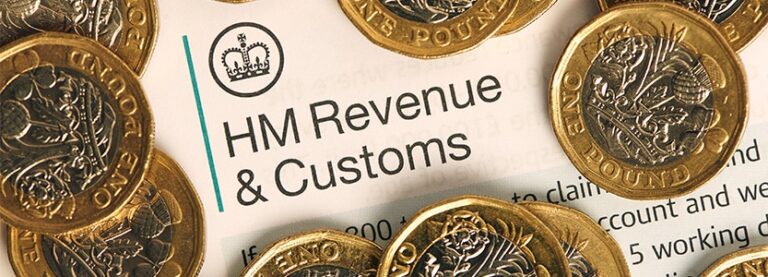Corporation Tax
Corporation tax is a business tax in the UK, calculated on annual profits, much like income tax for individuals.
Since 2016, the corporation tax rate has undergone several changes. Initially set at 20% in 2016, it was reduced to 19% from 2017 to 2020 for all businesses. In 2023, the rate increased to 25% for companies with profits exceeding £250,000.
For businesses with profits below £50,000, the rate remains at 19%, while those with profits between £50,000 and £250,000 are subject to a tapered rate, gradually increasing from 19% to 25%..
Unlike individuals, companies do not benefit from a tax-free allowance, meaning all profits are taxable. However, businesses can reduce their tax liability by claiming allowable expenses and deductions.

Who pays corporation tax?
Corporation tax is mandatory for all UK limited companies. Additionally, certain organisations, even if not incorporated, may also be liable for corporation tax, including:
- Members clubs, societies, and associations.
- Trade associations.
- Housing associations.
- Groups conducting business activities, such as co-operatives.
The responsibility for timely submission of corporation tax returns and payment rests with the company director, regardless of whether an accountant is engaged to prepare the calculations.
How to register with HMRC?
Once your company is incorporated, you must register with HMRC as a limited company within three months of commencing trading.
Determining whether your business is ‘trading’ can be complex, as it depends on its activities. HMRC provides clear guidelines on whether a company is considered ‘active’, ‘trading’, ‘non-trading’, or ‘dormant’ to ensure compliance.
To register with HMRC, you’ll need to provide:
- The business start date (used for the first accounting period).
- Company name and registration number (from Companies House).
- The company’s registered address
- Type of business
- Date for annual accounts
- Names and home addresses of the directors
Corporation tax deadlines
Corporation tax obligations align with your company’s financial year and HMRC’s statutory requirements. Meeting filing and payment deadlines is essential to maintain compliance and avoid penalties.
-
Corporation Tax Payment
- For companies with taxable profits up to £1.5 million: Corporation tax must be paid nine months and one day after the end of your accounting year.
- Example: If your financial year ends on 31 March, the payment deadline is 1 January of the following year.
- For companies with taxable profits exceeding £1.5 million: Corporation tax is paid in quarterly installments as determined by HMRC guidelines.
-
Corporation Tax Return Submission
- The corporation tax return must be filed by the statutory filing date, which is the later of:
- 12 months after your accounting year-end, or
- Three months after receiving a notice to deliver a return from HMRC.
- Year-End: The close of your company’s financial period
- +9 Months and 1 Day: Corporation tax payment due for companies with profits under £1.5 million.
- +12 Months: Corporation tax return must be submitted, unless otherwise specified by HMRC.
- Corporation tax payments may be due before the return submission deadline.
- Timely payment and accurate return filing help avoid penalties and maintain compliance with tax regulations.
Businesses are encouraged to maintain accurate financial records and consult with a tax professional or accountant to ensure all deadlines are met efficiently.
Save your time and effort spent for finding a solution. Contact us now